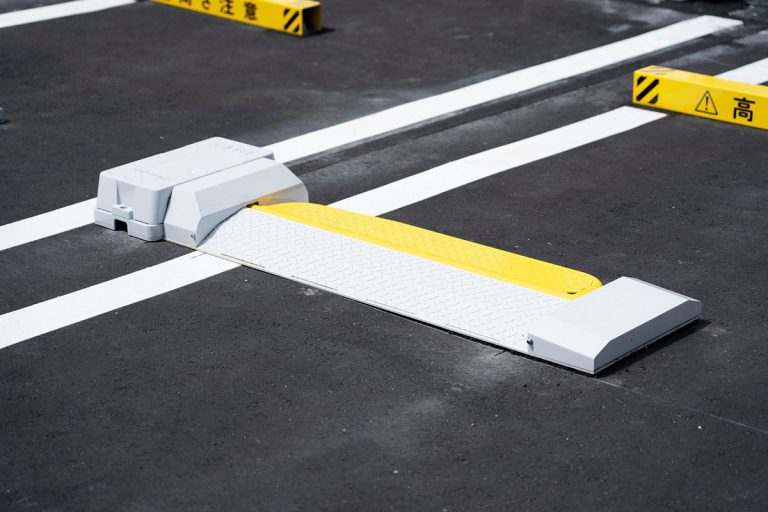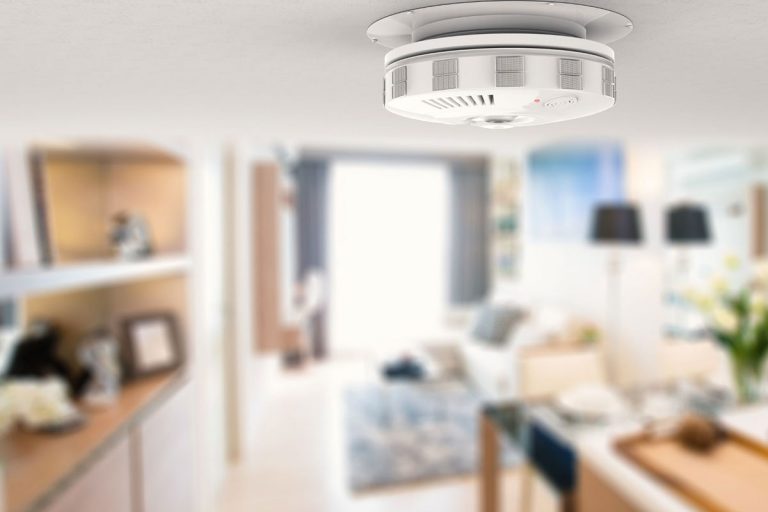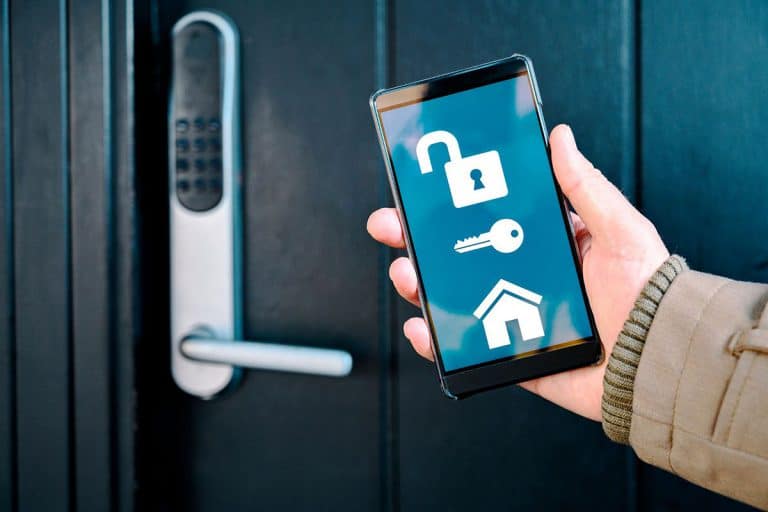As one of the largest hotel chains worldwide, Hilton has established policies and procedures when it comes to charging guests. But do they require payment at check-in or check-out?
As a frequent traveler, it’s helpful to understand their billing practices before your stay.
If you don’t want to read the nitty-gritty details, here’s a quick overview: Hilton typically charges guests at check-out by putting a hold on your account at check-in. However, the full charges won’t be processed until the end of your stay.
In this comprehensive guide, we’ll explain Hilton’s standard payment protocols, including how much they authorize at check-in and when final charges occur. We’ll also provide tips for avoiding payment issues as well as policies for Hilton’s other brands.
Standard Check-In/Check-Out Payment Process at Hilton
Hold placed on credit card at check-in
When you arrive at a Hilton hotel for check-in, you will be asked to provide a valid credit card for payment purposes.
As part of the standard procedure, a hold will be placed on your credit card to ensure that there are sufficient funds to cover your stay. This hold is a temporary authorization and does not result in an immediate charge to your card.
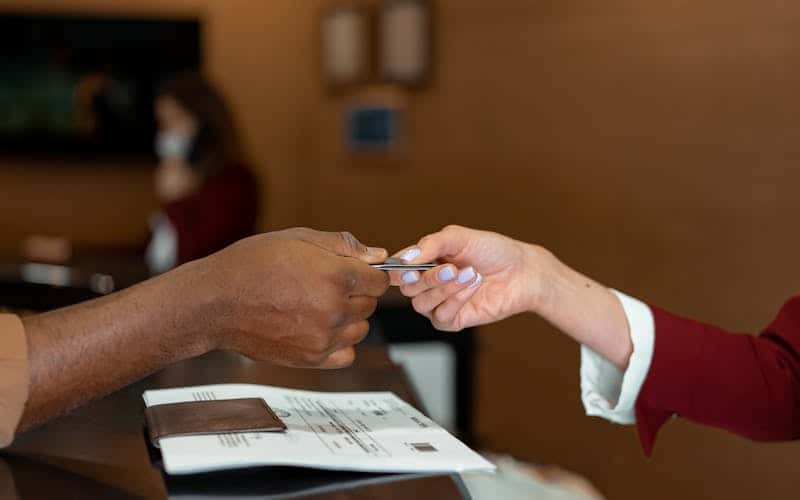
Pending authorization usually for room rate + tax
The amount of the hold placed on your credit card at check-in is typically equivalent to the room rate plus any taxes or additional charges that may apply. The specific amount may vary depending on the hotel and the length of your stay.
It is important to note that this authorization is pending and may not be reflected in your actual balance immediately.
Remaining charges added at check-out
During your stay at a Hilton hotel, you may incur additional charges such as room service, dining, or spa services. These charges will be added to your bill and will be settled at the time of check-out.
It is advisable to review your bill before leaving the hotel to ensure that all charges are accurate and accounted for.
Final charge processed after check-out
After you have checked out of the hotel, the final charge for your stay will be processed. This charge will include the room rate, taxes, and any additional charges that were incurred during your stay. The processing time for this final charge may vary depending on your credit card provider and their policies.
It is worth mentioning that the payment process at Hilton may vary slightly from one hotel to another. Therefore, it is always a good idea to familiarize yourself with the specific policies and procedures of the hotel you will be staying at.
Typical Check-In Authorization Amounts
When checking in at a Hilton hotel, guests may notice that a certain amount is being authorized on their credit card.
This is a common practice in the hospitality industry to ensure that guests have sufficient funds to cover their stay and any additional charges that may occur during their visit.

Room rate + applicable taxes
The typical check-in authorization amount at Hilton hotels includes the room rate and applicable taxes.
This amount is based on the length of the stay and the room type selected by the guest. It is important to note that this authorization is not a charge, but rather a temporary hold on the funds.
Doesn’t include incidentals or fees
The check-in authorization amount does not include incidentals or any additional fees that may be incurred during the stay.
Incidentals refer to charges for services or amenities such as room service, minibar, or spa treatments. These charges are typically settled separately at check-out.
May vary depending on length of stay
The check-in authorization amount may vary depending on the length of the stay. Longer stays may require a higher authorization amount to cover the extended period of time.
It is always recommended to check with the specific Hilton hotel for their policies regarding check-in authorization amounts.
Can be higher during peak times
During peak times, such as holidays or special events, the check-in authorization amount may be higher. This is to account for increased demand and potential additional charges that may occur during these busy periods. It is advisable to plan accordingly and ensure that there are sufficient funds available on the credit card.
For more information on Hilton’s check-in authorization policies, you can visit their official website or contact their customer service directly.
Why Hilton Authorizes Cards at Check-In
When you check-in at a Hilton hotel, you may notice that they require a credit card authorization. This is a common practice in the hotel industry, and it serves several important purposes.
Ensures they can capture payment
One of the main reasons Hilton authorizes cards at check-in is to ensure that they can capture payment for your stay. By authorizing your card, they can verify that it is valid and has sufficient funds to cover the cost of your reservation.
This helps prevent any payment issues or misunderstandings during your stay, allowing you to enjoy a smooth and hassle-free experience.
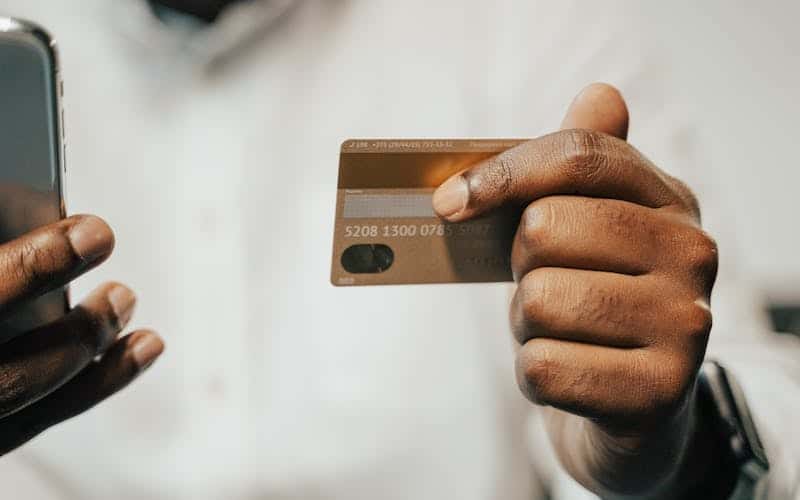
Covers any damages or unpaid charges
Another reason for the credit card authorization is to protect Hilton from potential damages or unpaid charges. By authorizing your card, they have a way to cover any unexpected expenses that may occur during your stay.
For example, if you accidentally damage hotel property or incur additional charges for room service or amenities, Hilton can use the authorized funds to cover those costs.
This practice also helps maintain the quality and integrity of the hotel by ensuring that guests are responsible for any damages or additional charges they may incur.
Guest still has to pay remainder at check-out
While Hilton authorizes your card at check-in, it is important to note that it is not a final charge. You will still need to settle the remaining balance at check-out. The authorized amount is simply a hold on your card, ensuring that Hilton can capture payment when you leave.
It is worth mentioning that the authorized amount may vary depending on the length of your stay and any additional charges you may incur. However, any unused funds will be released back to your card after you check out.
So, next time you check-in at a Hilton hotel and see that your card is being authorized, don’t worry. It’s just a standard procedure to ensure a smooth and secure stay for both you and the hotel.
Tips to Avoid Payment Issues with Hilton
Use the same card at check-in and check-out
One of the simplest ways to avoid payment issues with Hilton is to use the same card for both check-in and check-out. This ensures a smooth transaction and eliminates any confusion regarding payment methods.
By using the same card, you can ensure that the charges are properly recorded and that there are no discrepancies in your bill. It’s a straightforward solution that can save you time and prevent any potential headaches.
Inform Hilton of a new card ahead of time
If you plan on using a different card for your stay at Hilton, it’s essential to inform the hotel ahead of time. By providing them with the updated card information, you can ensure a seamless payment process.
This way, the hotel staff can make the necessary adjustments and update your reservation accordingly. It’s always better to be proactive and avoid any last-minute surprises at check-out.
Pay the remaining balance with the same authorized card
When making your payment at check-out, it’s important to use the same authorized card that you provided during check-in. This ensures that the charges are correctly applied to your account and that there are no delays or issues with the payment process.
By sticking to the authorized card, you can avoid any potential complications and ensure a smooth check-out experience.
Call Hilton ahead to arrange alternate payment
In some cases, you may need to arrange for alternate payment methods with Hilton. This could be due to a change in your card details, or if you wish to use a different payment option altogether. In such situations, it’s best to call Hilton ahead of time and inform them of your preferred payment method.
They will be able to guide you on the necessary steps to ensure a seamless payment process and avoid any potential issues at check-out.
By following these tips, you can minimize the chances of encountering payment issues at Hilton.
Remember, communication is key, so don’t hesitate to reach out to the hotel if you have any concerns or special requests regarding your payment. Enjoy your stay!

Hilton Brand Payment Policies
When it comes to payment policies, Hilton offers a variety of options depending on the brand you choose. Here are some key details about Hilton’s payment policies:
Waldorf Astoria luxury brand may require full prepayment
If you’re planning a stay at one of Hilton’s luxurious Waldorf Astoria properties, it’s important to note that this brand may require full prepayment at the time of booking. This means that you may be charged for the entire stay upfront, rather than at check-in or check-out.
It’s a good idea to check the specific payment policy for the Waldorf Astoria property you plan to visit to avoid any surprises.
Home2 budget brand authorizes $50 per night
On the other end of the spectrum, Hilton’s budget-friendly Home2 brand typically authorizes a charge of $50 per night at check-in. This is a common practice among budget hotels to cover incidentals and any potential damages.
It’s important to keep in mind that this authorization is not an actual charge, but rather a hold on your credit card. The hold will be released upon check-out if no additional charges are incurred.
Most brands follow standard Hilton policies
For the majority of Hilton’s brands, including popular ones like Hilton Hotels & Resorts, DoubleTree by Hilton, and Hampton by Hilton, the standard payment policy is to charge guests at check-out.
This means that you won’t be charged for your stay until you’re ready to check out of the hotel. However, it’s always a good idea to double-check the specific policies of the hotel you plan to stay at, as they may have some variations.
For more information on Hilton’s payment policies, you can visit their official website.
Conclusion
Understanding Hilton’s check-in and check-out payment policies can help avoid surprises or headaches with your hotel bill.
While they typically authorize room rates at the start and charge extras at departure, you now know several tips for a smooth payment process.
With your credit card basics covered, you can better budget for your Hilton stay.


